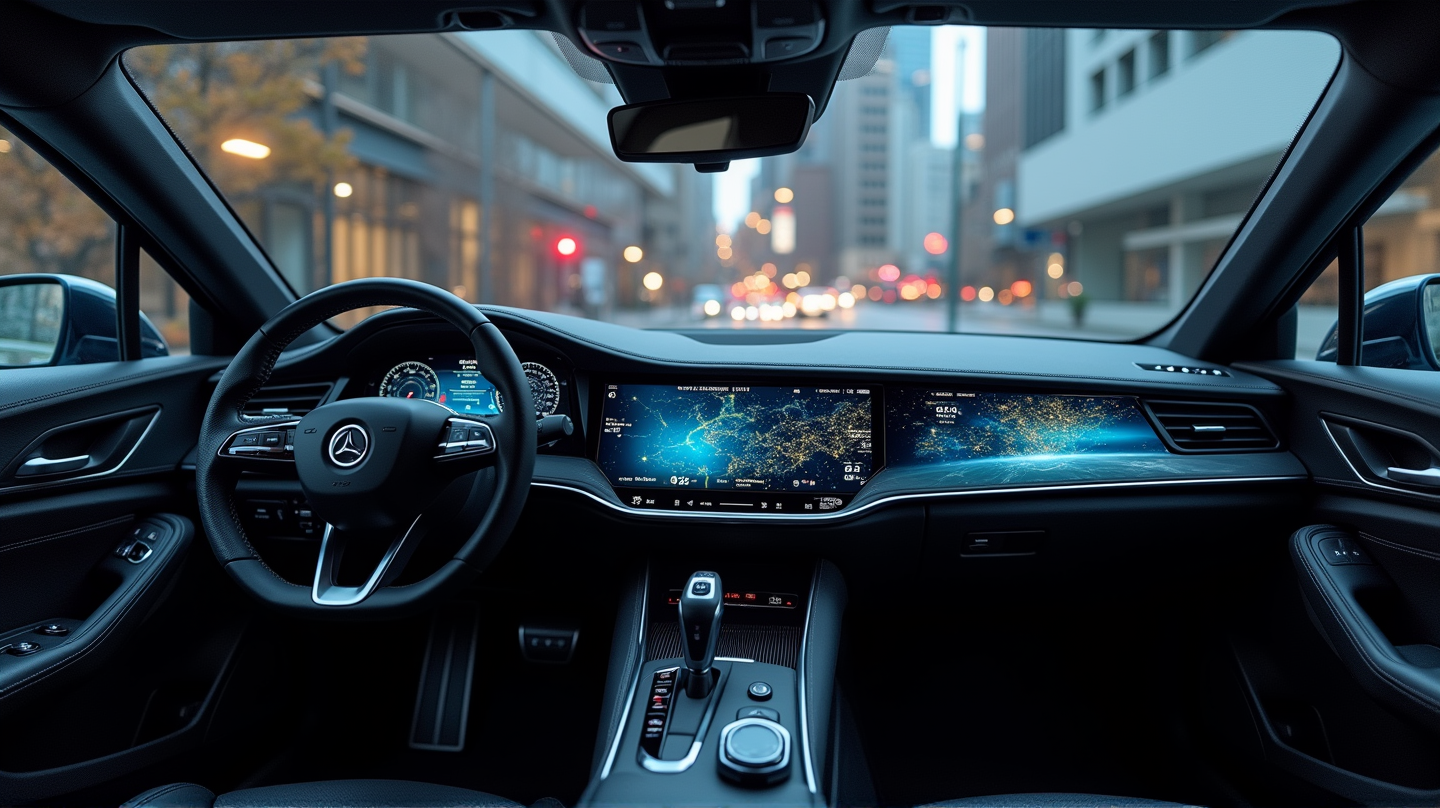In recent automotive news, General Motors (GM) has made a bold decision to discontinue Apple CarPlay and Android Auto from all of its vehicles, both electric and gasoline-powered. This strategic move, announced by GM CEO Mary Barra during a podcast session with The Verge’s Decoder, marks a significant shift in how the automaker perceives its vehicles’ user experience.
A Strategic Shift in Focus
The elimination of CarPlay and Android Auto aligns with GM’s broader strategy to enhance its in-car systems. Barra emphasized the transition as part of GM’s evolution in vehicular technology, aiming to create a more integrated and seamless driving experience. The removal of these systems was first implemented in the company’s EV models due to their rapid development phase. According to Barra, this transition is intended to reduce distractions, as transitioning between the car’s native infotainment systems and smartphone projection methods could be cumbersome. This move reflects what some might consider a radical, visionary approach to automotive technology.
Understanding GM’s Infotainment Experience
GM’s infotainment systems are based on Android Automotive, designed for optimal integration with Android apps. However, this approach requires separate logins for each app, a process some may view as cumbersome. While the GM team acknowledges these concerns, Chief Product Officer Sterling Anderson assured that simplifying in-vehicle logins is a company priority, indicating ongoing efforts to refine the driver experience.
A Nod to Apple’s Evolutionary Approach
Drawing a parallel with Apple’s infamous removal of the disk drive under Steve Jobs, Anderson remarked on the nature of innovation and where it leads. In a technological landscape where evolving ecosystems can initially be met with skepticism, GM stands firm in its belief that the future lies within adaptive, inbuilt systems rather than dependent on external phone projections.
Future-Proofing GM’s Vehicle Portfolio
As GM continues to enrich its vehicle offerings, it maintains that native applications will see growth and that its Android-powered infotainment systems will become an industry benchmark. The availability of apps for all users, including loyal iPhone adopters, remains a priority as GM seeks to expand the app ecosystem within their vehicles.
According to InsideEVs, GM intends to apply this progressive alteration across 40 models within its roster over time. Whether this decision will be met with applause or apprehension, it unmistakably sets the stage for a new era in vehicular experience.
Stay tuned as General Motors drives forward with these transformative changes, approaching the future with the belief that built-in technology will lead the way for car connectivity.
